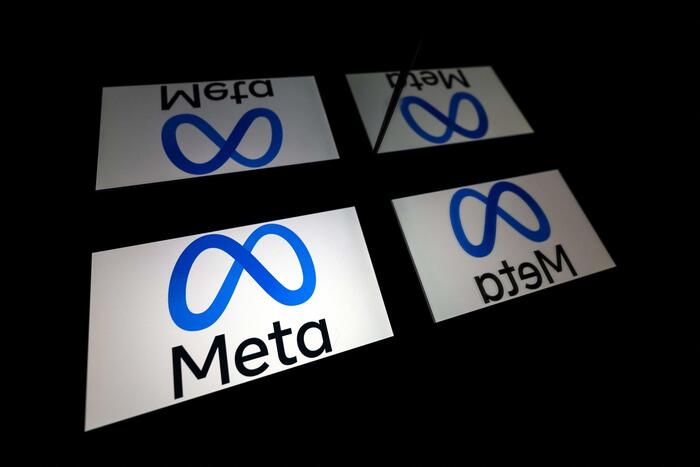An algorithm has learned to identify the smallest, most elusive and difficult to detect metastases, to the point of being able to indicate whether a therapy is effective against the tumor: the high-resolution technique has been tested on mice and is based on the scan of the whole organism. Published in the journal Cell, it was developed in Germany, in the Helmholtz center for regenerative medicine in Munich.
Until now, identifying metastases completely has proved to be an impossible task due to the limited resolution of imaging techniques. The technique developed by the group led by Ali Erturk is based on laser scanning under a microscope and allows the detection of the smallest metastases in the tissues of mice.
Exposing the enemy - AI detection of metastases from Helmholtz Zentrum München on Vimeo.
The limitation was that reading images took a considerable amount of time. Now the same research group has overcome the obstacle, developing a deep-learning algorithm called DeepMACT. Thanks to artificial intelligence, the analysis has become 300 times faster and delivers results in less than an hour instead of months. Thanks to the algorithm it has been possible to trace a unique profile of the metastases of different forms of cancer and to quantify the effectiveness of the drugs "To develop more effective anticancer therapies - Erturk observes - it is fundamental to understand the mechanisms of metastases in the different forms of cancer and develop specific drugs capable of blocking metastases. The method will be useful in preclinical research, where drugs are tested ".








